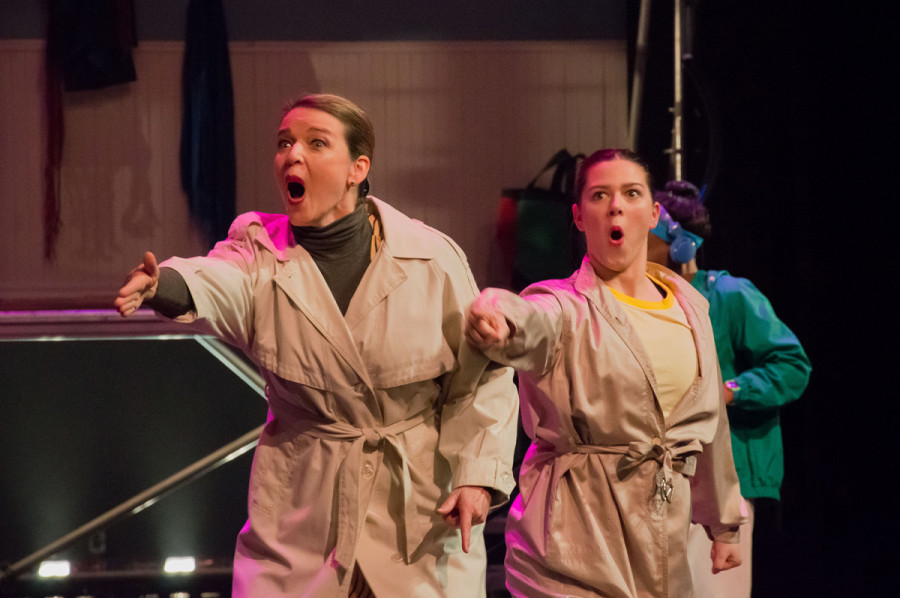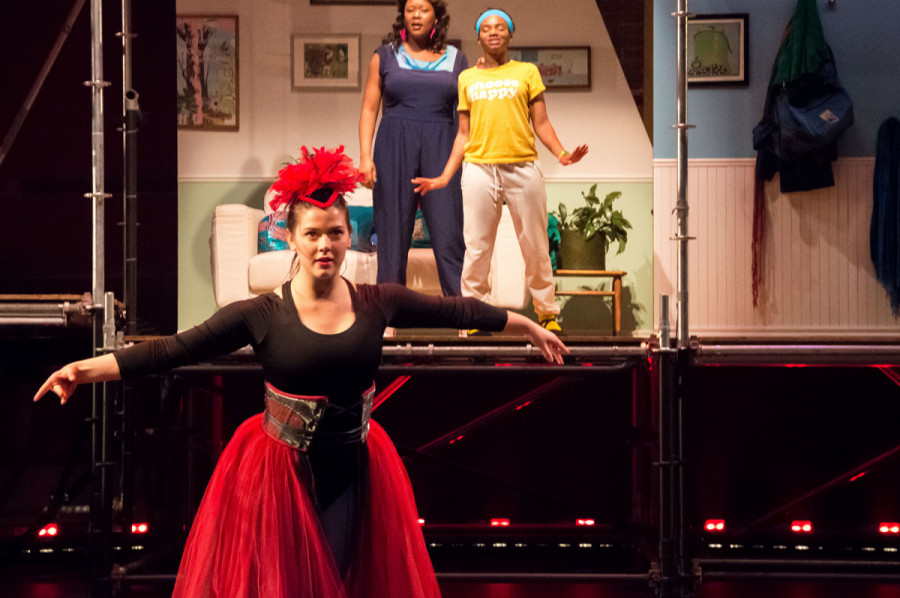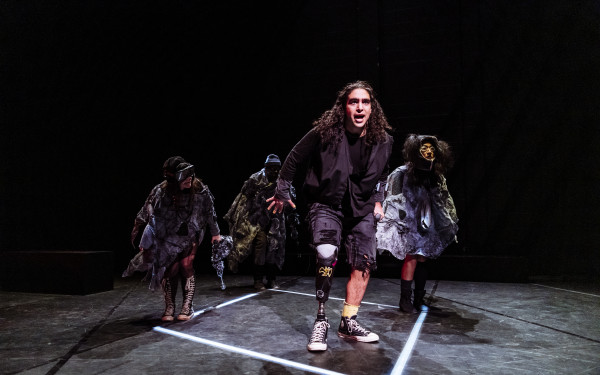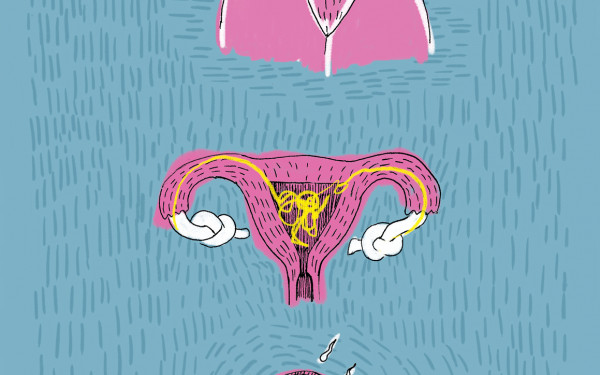‘Reaching for Starlight’ Shows Kids Asking the Tough Questions
Geordie Productions’ Play Stages Ballet and Social Issues
Have you ever wondered why the world can be so unfair at times? Who is to blame for misfortunes? Reaching for Starlight, a play inspired by Kristy Dempsey’s children’s book A Dance Like Starlight: One Ballerina’s Dream, follows Reenie, played by Bria McLaughlin, an energetic and curious ballet dancer, through her journey in understanding where she stands in the world and who she wants to be.
When it is time to appoint the year-end solo, Reenie realizes that Maia, portrayed by Keren Roberts, a fellow dancer, is unjustly disfavoured by Maestra, played by Jane Wheeler, their ballet instructor, due to the instructor’s prejudices. Reenie fails to understand the reasoning behind Maestra’s discriminatory treatment and begins to ask questions.
The play follows the dancers from one ballet class to the next as the dialogue among dancers progresses. Mike Payette, the artistic director of the play, seamlessly included the parents’ voice and influence regarding the psychological formation of their children to address the older half of the audience and emphasize their responsibility to simply listen to children.
Payette explained that the play is about the young people who make amazing and impactful changes to the world. He mentioned the example of Greta Thunberg, a 16-year-old environmental activist, who spoke at the United Nations climate conference in Katowice last year.

“I think there are many stories like Reenie on the day-to-day basis that we know about, that we hear but whether or not we choose to listen or react off the movement that these young people are making, that’s on us as adults,” he said.
The audience witnesses a contrasting difference between healthy and unhealthy parent-child relationships. A fellow dancer in Reenie’s class is heavily pressured by his father to uphold the family name and reputable standing in the theatre industry.
“In the play we discovered that the voice of the adults was imperative to the storytelling because we can see that the adults don’t have all the answers,” Payette said.
Most of the time, parents are only trying to protect their children the best they can, just like Lil, Reenie’s mother, played by Warona Setshwaelo, who would rather see her daughter—arguably unjustly—become a soloist rather than support her advocacy for a fair treatment of her classmates.
“In the play we discovered that the voice of the adults was imperative to the storytelling because we can see that the adults don’t have all the answers.” — Mike Payette
Different perspectives affect the prioritization of values; Reenie wants to fight for truth and for justice whereas Lil wants to seize opportunities presented to her and her daughter.
Payette pointed out that the goal is not to blame the parents for their unmerciful, instinctive guidance but to showcase two divergent views and reactions to complex circumstances.
The cast of 11 actors delivered a thought-provoking performance, tackling principal topics in a child’s intellectual growth such as hope, justice, awareness of social structures. These themes are threaded together throughout the play with an attempt to carry out a family legacy onto the next generation.
While Reenie is “discovering and investigating something that is questionable,” the audience ponders on the same questions, trying to find a middle ground in a pool of grey areas where the rights and wrongs may not be so distinct from an adult’s standpoint.

Reenie, at her young age, is more reactive to social controversies because children have an unspoiled, direct perception of actualities and judge accordingly. Social discrepancies are not normalized to them. Adults however, have come to accept them over time.
“We’ve been socialized to a point that we’ve created a really solid thick skin so that we can live with all of these questions and these challenges on a day-to-day level but young people don’t have that mechanism yet,” said Payette.
He hopes the performance will be “creating bridges for dialogue” and initiate conversations outside the theatre’s doors about disputed questions that the audience is provoked to reflect upon.
Near the end of the performance, Reenie says, “It turns you have to stop shining to see the real stars,” a line which Payette said, “is the heartbeat of the play.” It’s about about allyship between peers or children and parents. People have a chance to decide who they want to be.




_600_375_90_s_c1.jpg)


